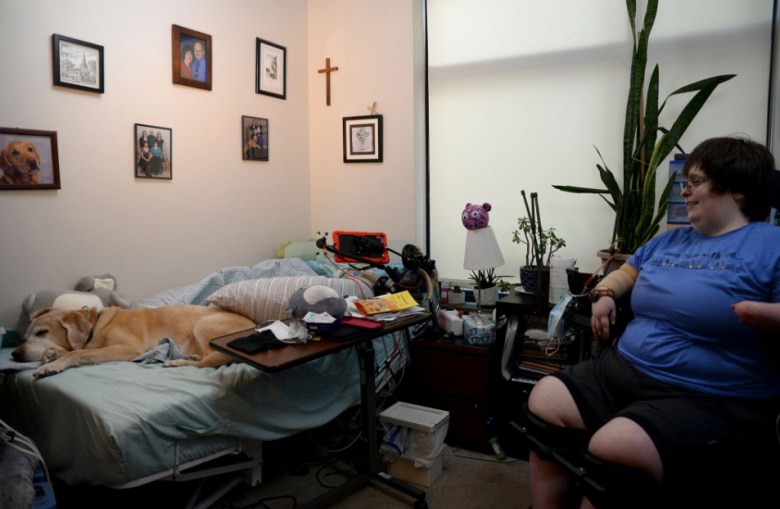
The Mental Health Parity Collaborative is a partnership between The Carter Center’s Rosalynn Carter Fellowships for Mental Health Journalism, The Center for Public Integrity, and news outlets in Arizona, California, Georgia, Illinois, Pennsylvania, Texas, and the District of Columbia. More than 40 reporters and editors from 15 news outlets are working to produce data- and solutions-driven stories that examine access to mental health care in their states and why mental health parity hasn’t been achieved.
Background
In 1996, the breakthrough Mental Health Parity Act was passed — the first legislation to require that certain insurance providers cover mental health benefits the same, or on parity, with medical benefits.
By the numbers
- More than 1 in 5 U.S. adults experience mental illness each year
- More than half of U.S. adults with a mental illness — 27 million people — don’t receive treatment—a number that has been on the rise since 2011
- Roughly 1 in 10 people who struggle with mental illnesses have no health insurance
- 60 percent of children experiencing major depression are not receiving care
Yet even after the Mental Health Equity and Substance Abuse Parity Act passed in 2008, expanding the reach of the 1996 legislation, along with the Affordable Care Act in 2010, parity between mental health care and medical health care is far from achieved. Millions of people struggle to find, receive, and afford appropriate mental health treatment and, as a result, are forced to pay out-of-network costs or not receive care at all. Lack of parity is rampant throughout the U.S.: the 2018 State Parity Implementation Survey gave 43 states a grade of D or F on mental health parity.
Though stigma still shrouds awareness of mental health issues, they are pervasive and have serious implications, putting people at high risk for suicide and crisis. This situation has been exacerbated further by the Covid-19 pandemic, with new data indicating increasing rates of depression, anxiety, and suicidal ideation, and national shortages of counselors and therapists.
FEATURED STORY

Georgia students’ private battle: Anxiety disorders in the classroom
“We’re putting our kids in these incubators of pressure,” said licensed psychologist Josh Spitalnick of Anxiety Specialists of Atlanta. “(It’s) not surprising that we’re seeing more families in a clinic like ours.” (From The Atlanta Journal-Constitution)
OTHER STORIES

Law enforcement enlists mental health experts to help save lives — ‘a paradigm shift in policing’
It’s a change from previous tactics when people suffering from mental crises were often arrested, a strategy that only exacerbated their issues and resulted in jails filling up. (From Georgia Public Broadcasting)

PA eased telehealth regulations during the pandemic. What happens if the waiver expires?
The unprecedented access to telehealth was appreciated by many patients and doctors, like the patients receiving physical therapy without leaving home and doctors seeing more patients in a day and managing those more effectively. (From PublicSource)

During the pandemic, many Chicago organizations began rethinking how to provide mental health help as the virus swept into the city. (From Chicago Tribune)

The Girl Scouts of Northeast Texas are tackling mental health, one patch at a time
The COVID-19 pandemic worsened stress, anxiety and depression for young people—especially young girls. (From KERA)

Want more information?
Interested in connecting with us or learning more about mental health parity? Fill out the form below.
PARTNERS















The post Mental Health Parity Collaborative appeared first on Center for Public Integrity.
This post was originally published on Center for Public Integrity.